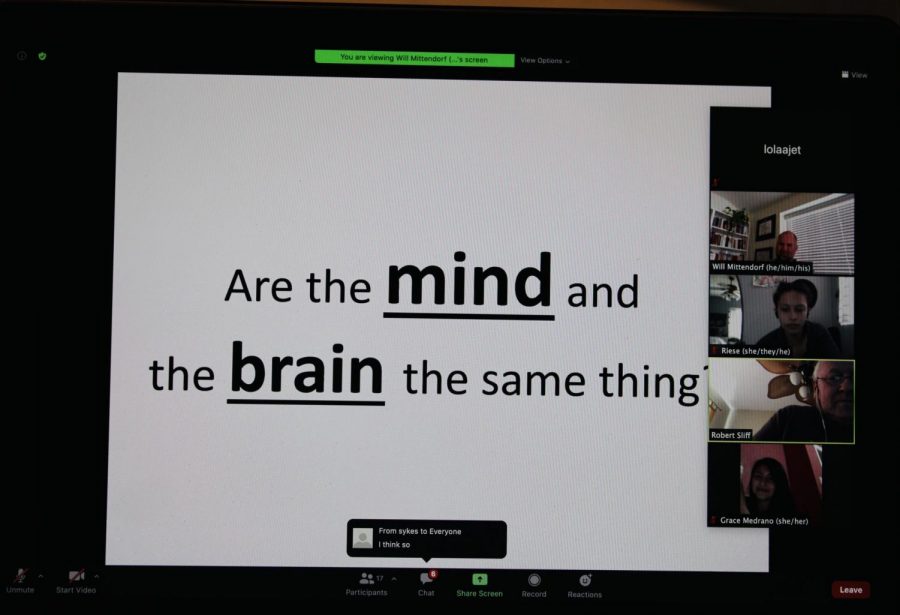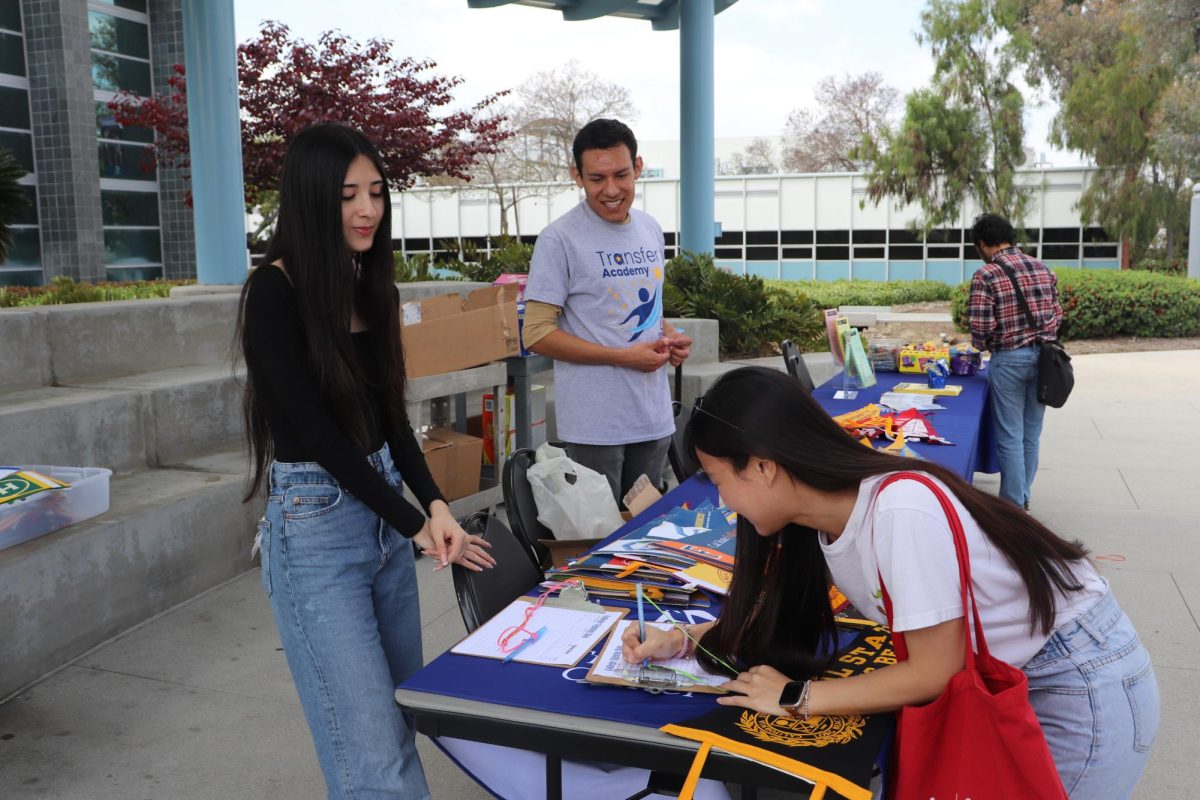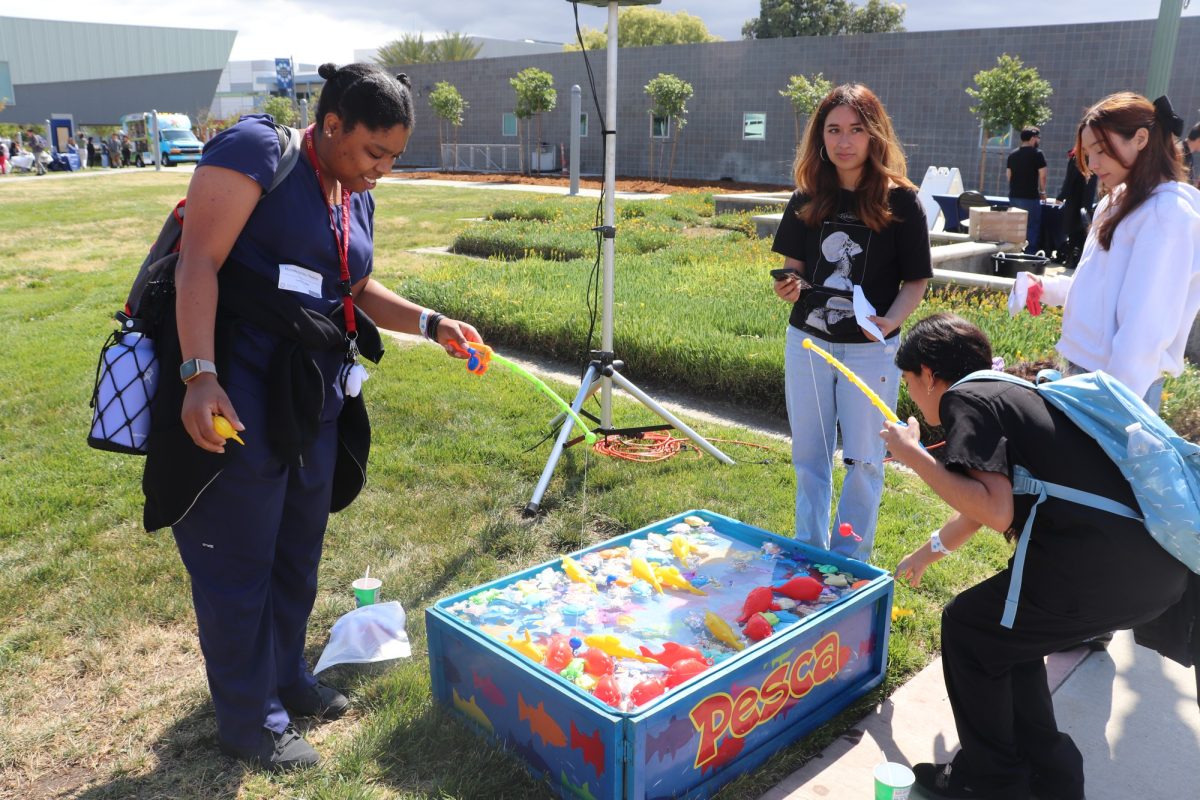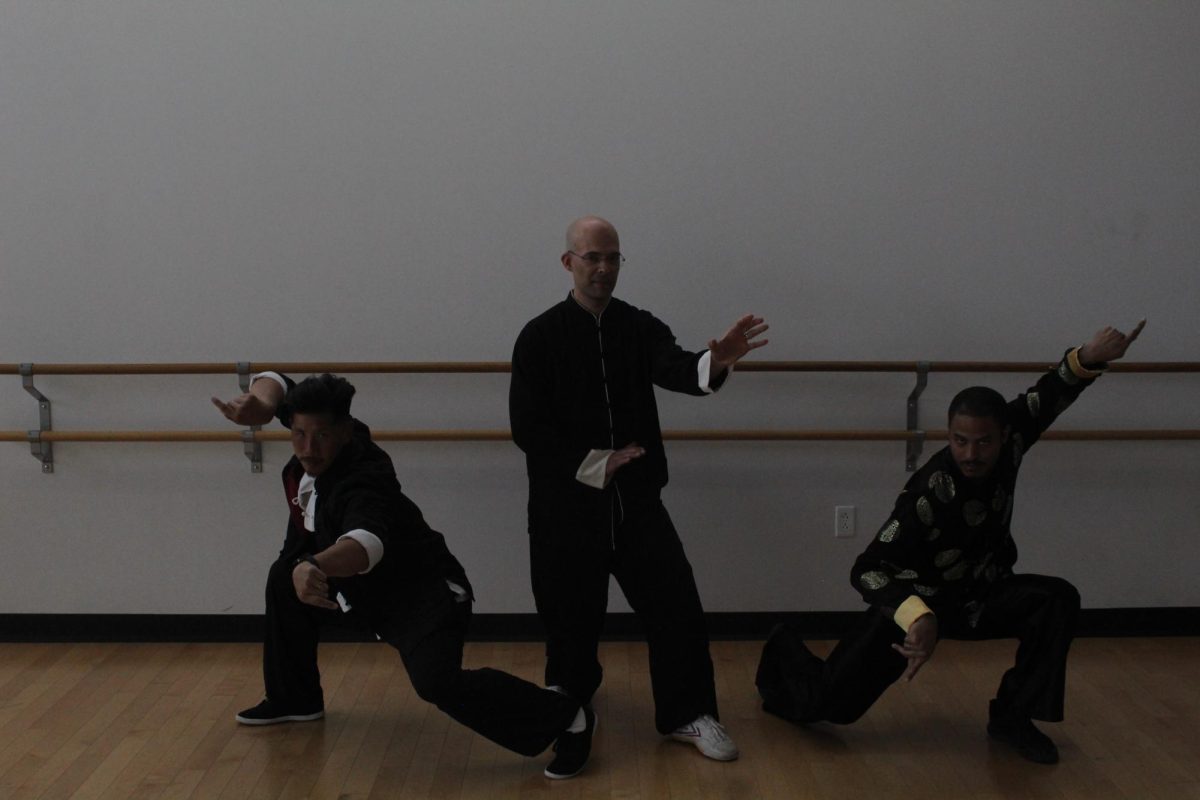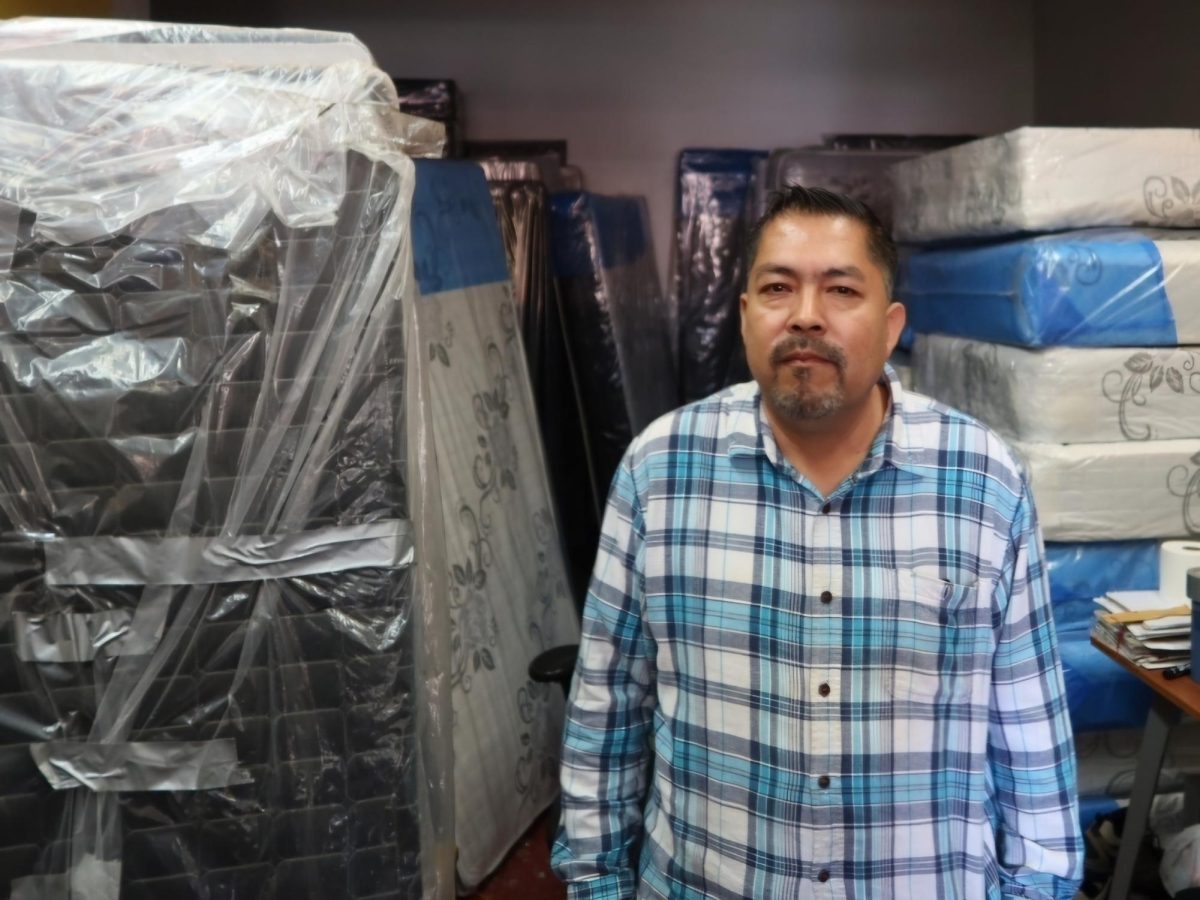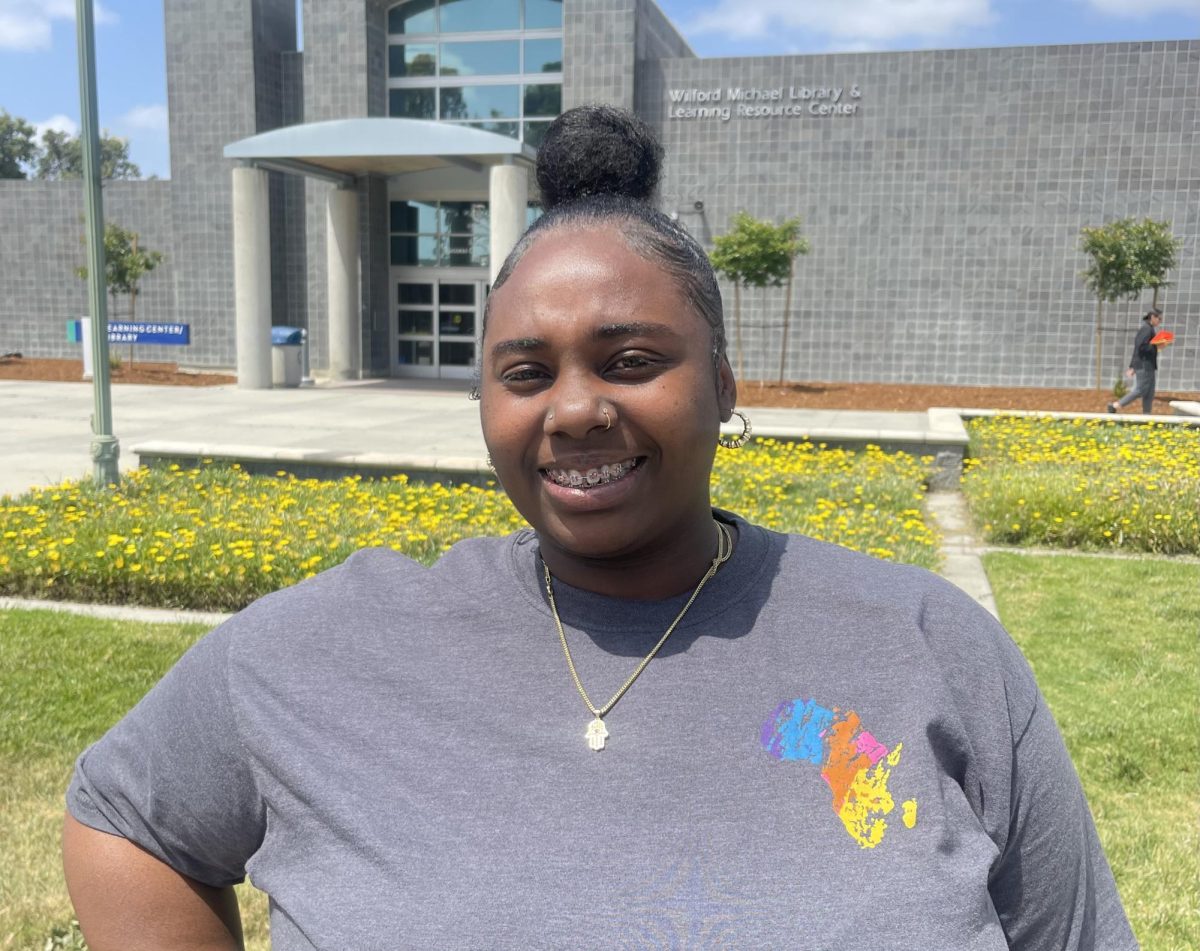Cerritos College philosophy professor, Will Mittendorf, hosted a Zoom meeting for the Philosophy Club to discuss if smartphones are a part of our mind. This question leads into a bigger issue: if smartphones are a part of our personal thoughts, should the police be allowed to access it without our permission?
In the meeting, Mittendorf discussed with students and his colleague, Robert Sliff, a Philosophy professor at Cerritos, what the mind is and if it is the same as the brain or simply an extension beyond our body.
This idea stems from the Extended Mind Thesis.
“You need the brain to work in order to have consciousness, actions and thoughts but it’s no more important than that,” said Mittendorf.
“This idea stems from the extended mind thesis: It seems that the mind depends on the brain, but does the mind go further than that? Can the ‘mind’ include a diary or phone?” said Mittendorf.
Sliff stated, “We really do remember things, they are just unconsciousness.”
On top of that statement, Mittendorf added that brains are tools, sometimes used to learn new information. He paraphrased a saying from the Greek philosopher, Socrates, stating “If you don’t write it down, you are not going to remember things.”
Mittendorf created a scenario where three different people, a young millennial woman, an older gentleman and an older generation Z woman, all are heading to a museum by foot. These three different people use different mind techniques to reach their destination.
The millennial knows the path to the museum already because she has memorized the streets and is more familiar since she regularly goes there. The older gentleman has to look at his notes where he wrote down the directions to the museum.
Mittendorf asked what is different about how they are reaching their destinations. Some students mentioned how they are both still using their mind. The millennial is just relying on her past and the older gentleman is relying on the present, yet both still get the same result.
The older gen Z woman, however, uses her cellphone to figure out where she is going. Mittendorf noted that she is sort of aware of her path, but still reviews her knowledge from her phone.
Mittendorf brought up a quote from Karina Vold, a philosopher of cognitive science, in which she states “Objects such as smartphones or notepads are often just as functionally essential to our cognition as the synapses firing in our heads. They augment and extend our minds by increasing our cognitive power and freeing up internal resources.”
Referring back to Vold’s quote on how our smartphones are essentially our minds, Mittendorf asked those in the Zoom session if destroying or invading our phones is a form of personal assault.
Our phones contain private and sensitive information and some are thoughts from our own mind but transferred onto this piece of technology.
Many students answered yes, it is an attack, because destroying our phone destroys our memories and accessing it without consent is invasion of privacy because our personal thoughts and information are on there.
Mittendorf brings this question to what Vold talks about in several pieces where she mentions how the police or FBI use the fingerprints of dead people to access their phones.
“Since you are not forced to take lie detectors or truth serums, why are they allowed to do this?,” stated Mittendorf.
Mittendorf also said “We have freedom of consciousness and if those are on our phone, shouldn’t that be protected as well?”
The discussion helped spark thoughts and questions about our smartphones being a connected piece of our minds and whether smartphones should be protected as well.





